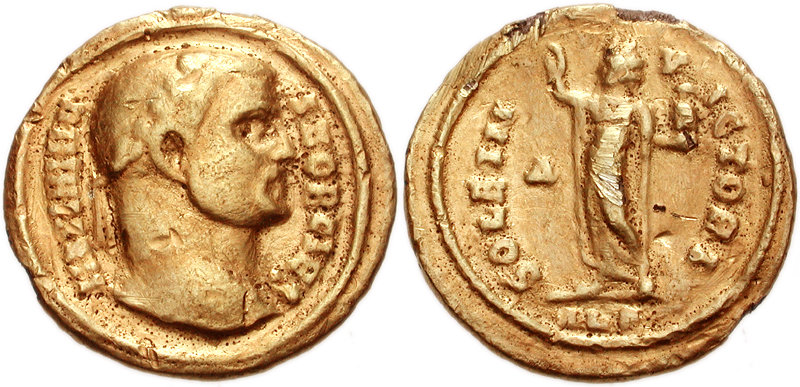 |
| Willie Sutton (1901-1980) |
One would think that Sutton's Law is named after an astute medical educator that had a knack for dropping memorable clinical pearls that students could remember. In reality, Sutton's Law named after a bank robber. Willy Sutton was a career bank robber with multiple heists in the 1930's and 1940's using a variety of clever techniques, disguises and ingenuity. In 1952 he was arrested for the final time and sentenced to a 30-120 years sentence and sent to Attica. It's is said that while being led away to prison, a reported called out saying 'Willie, why do you keep robbing banks?' Willie's reply became the foundation of Sutton's Law: 'Because that's where the money is.' Ever since, experienced doctors go where the money is when ordering diagnostic testing and medical problem solving.
Athough Willie Sutton denied ever saying his famous line that became known as Sutton's Law, it's clear that 'going where the money is' is a principle that has been applied for many years. It works for medicine and can be applied to other problems as well--even the gospel. The Savior is the single best example of the use of Sutton's Law to rescue sinners.
And it came to pass, as Jesus sat at meat in the house, behold, many publicans and sinners came and sat down with him and his disciples. And when the Pharisees saw it, they said unto his disciples, Why eateth your Master with publicans and sinners? But when Jesus heard that, he said unto them, They that be whole need not a physician, but they that are sick. But go ye and learn what that meaneth, I will have mercy, and not sacrifice: for I am not come to call the righteous, but sinners to repentance. Matthew 9:10-13
The Savior's love of the 1 was enough for him to leave the 99 and go off and rescue. We have many contemporary examples of this. It is Sutton's Law the sends tens of thousands of missionaries into the world and in places that would make mothers carry on like Pharisees (if they hadn't captured the vision). President Monson has emphasized the need for us to rescue those that are lost. Such undertakings are inconvenient and frequently take us out of the safety of the fold, where we are in our comfort zone. Yet the rescue itself brings such great joy to the 1 as well as the shepherd.
Earlier this year I read Tattoos on the Heart: The Power of Boundless Compassion, by Father Gregory Boyle. He is a truly inspiring person that has spent his life putting Sutton's Law in action: go where the sinners are. Father G didn't just call the sinners and outcasts to repentance from the sanitized walls of his parish, he joined them in their barrio. He ate with them, he served them, he lifted them and loved them in all their all of their weakness. He knew them by name.
As impressive as his boundless compassion, is Father G's sense of balance in being surrounded by sinners yet remaining true to the faith. For us ordinary people (with a similar charge as Father G), we are wise to pay close heed to the counsel that advises us to avoid the contaminating influence of sin:
Wherefore come out from among them, and be ye separate, said the Lord, and touch not the unclean thing; and I will receive you. 2 Corinthians 6:17But as we do, we must not forget the practical wisdom of Sutton's Law. Our ability to rescue and reclaim those that are lost and alone is severely compromised by just hanging out at the church. We need to go where the money is.













